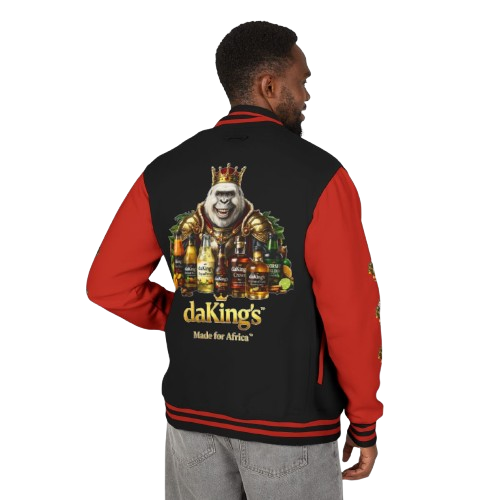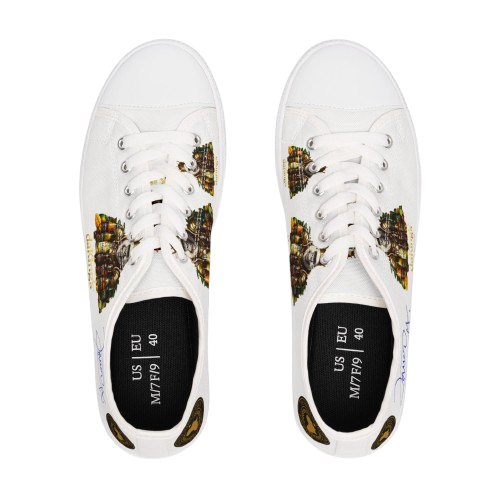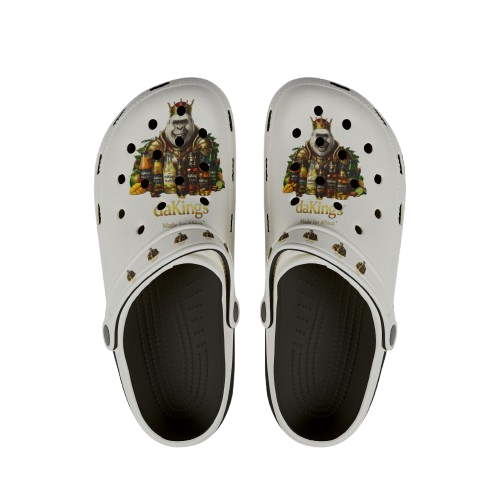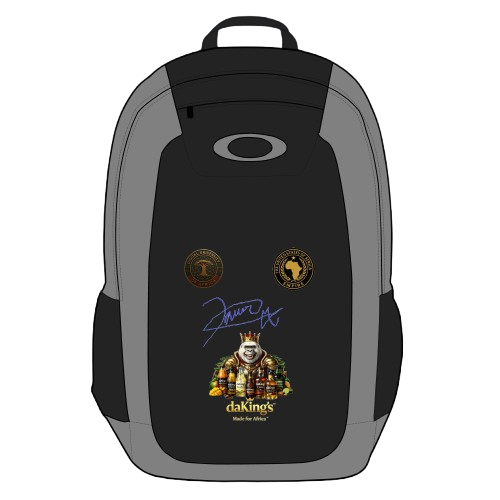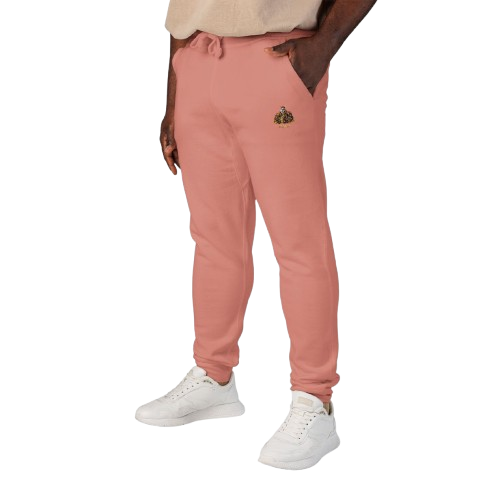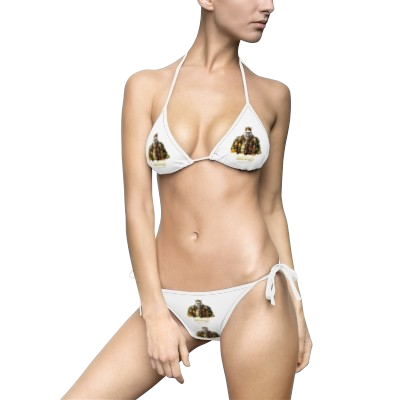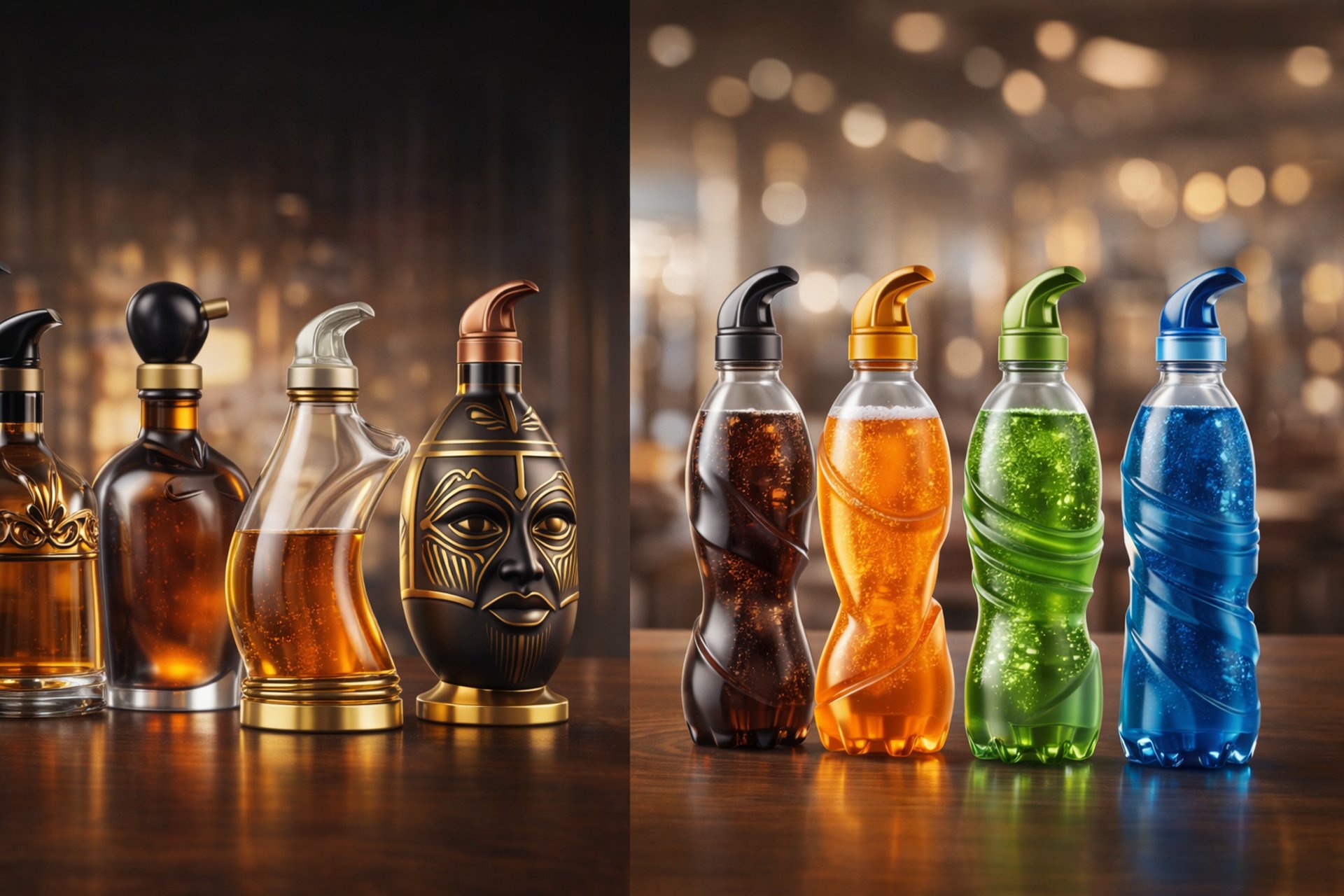
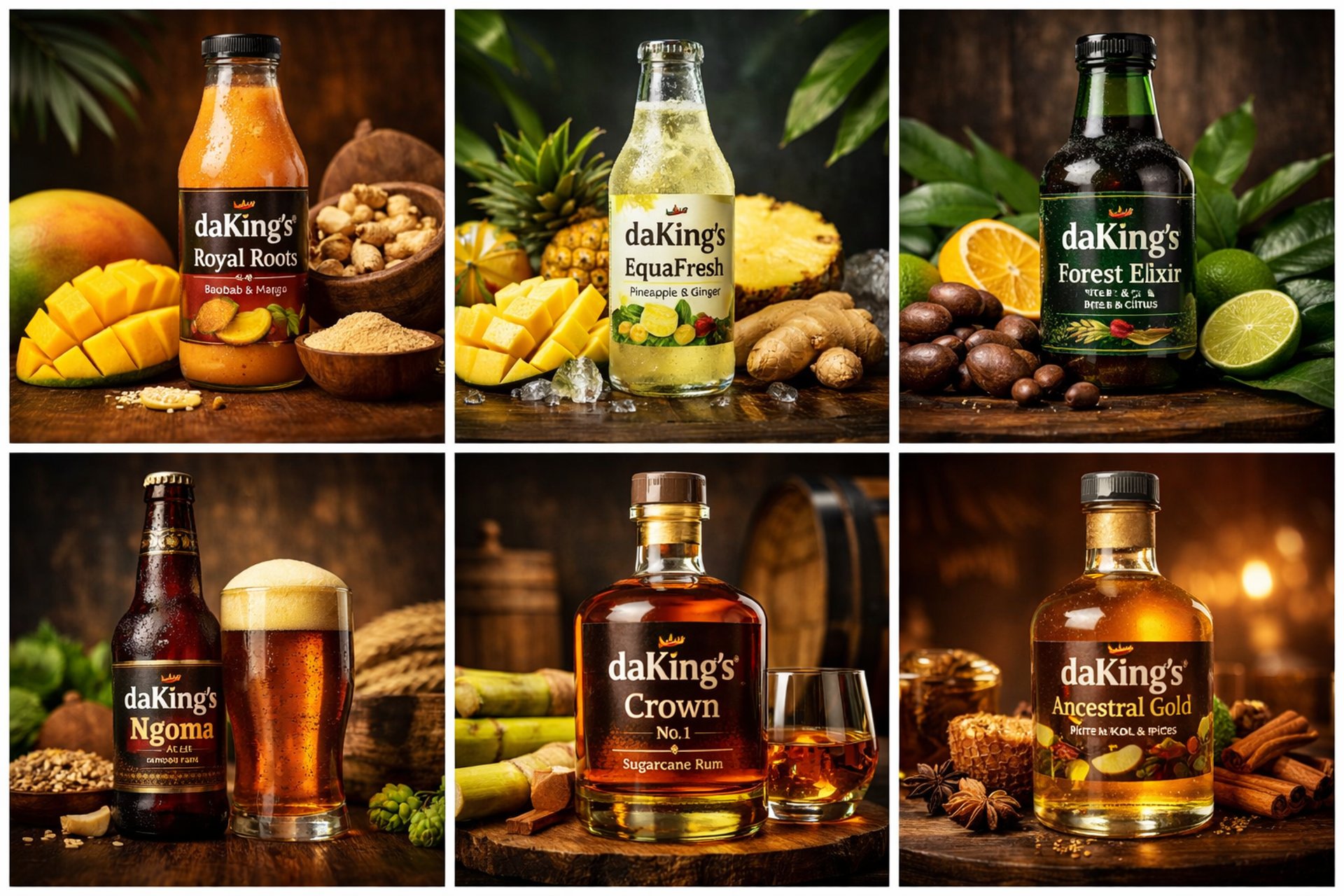
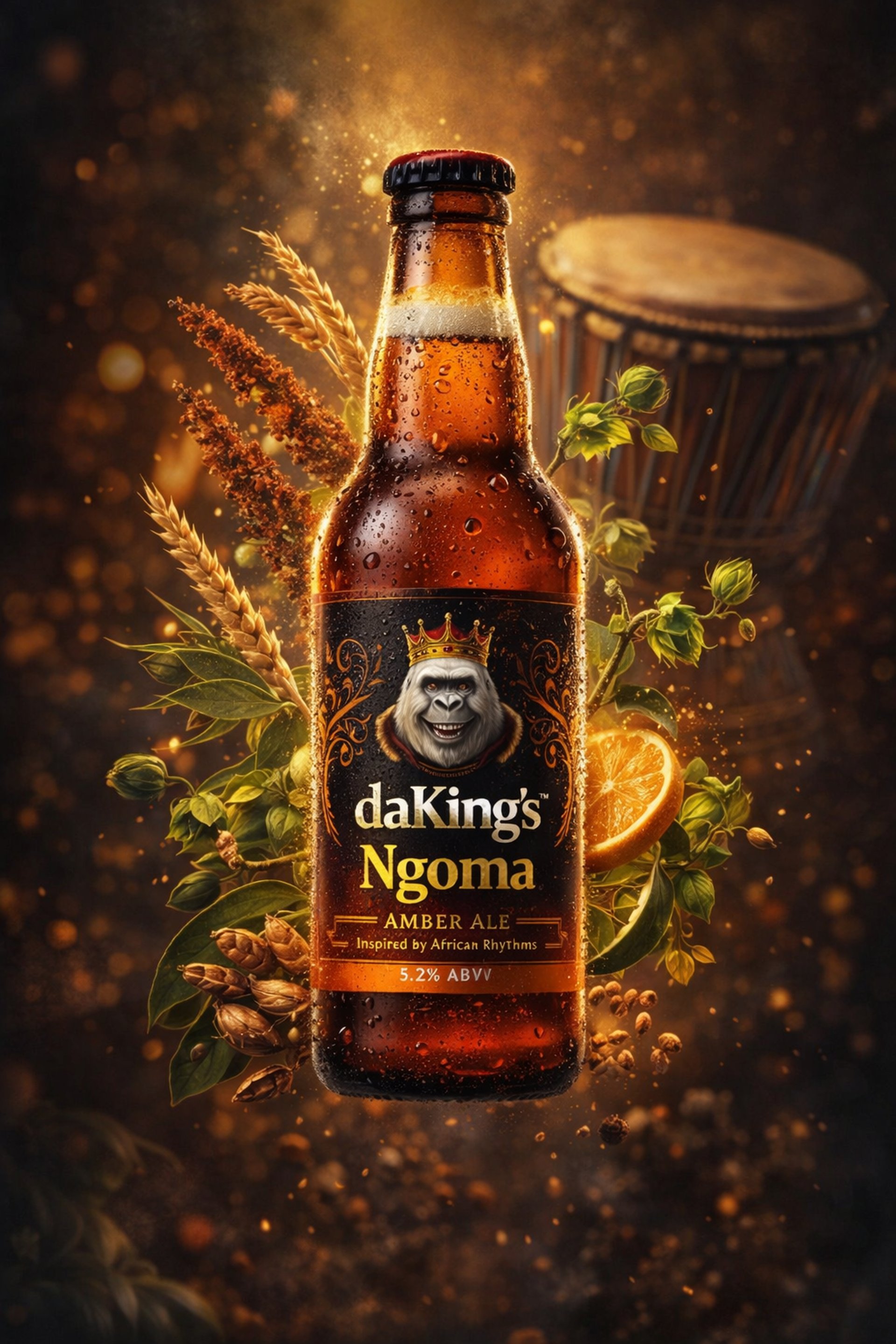

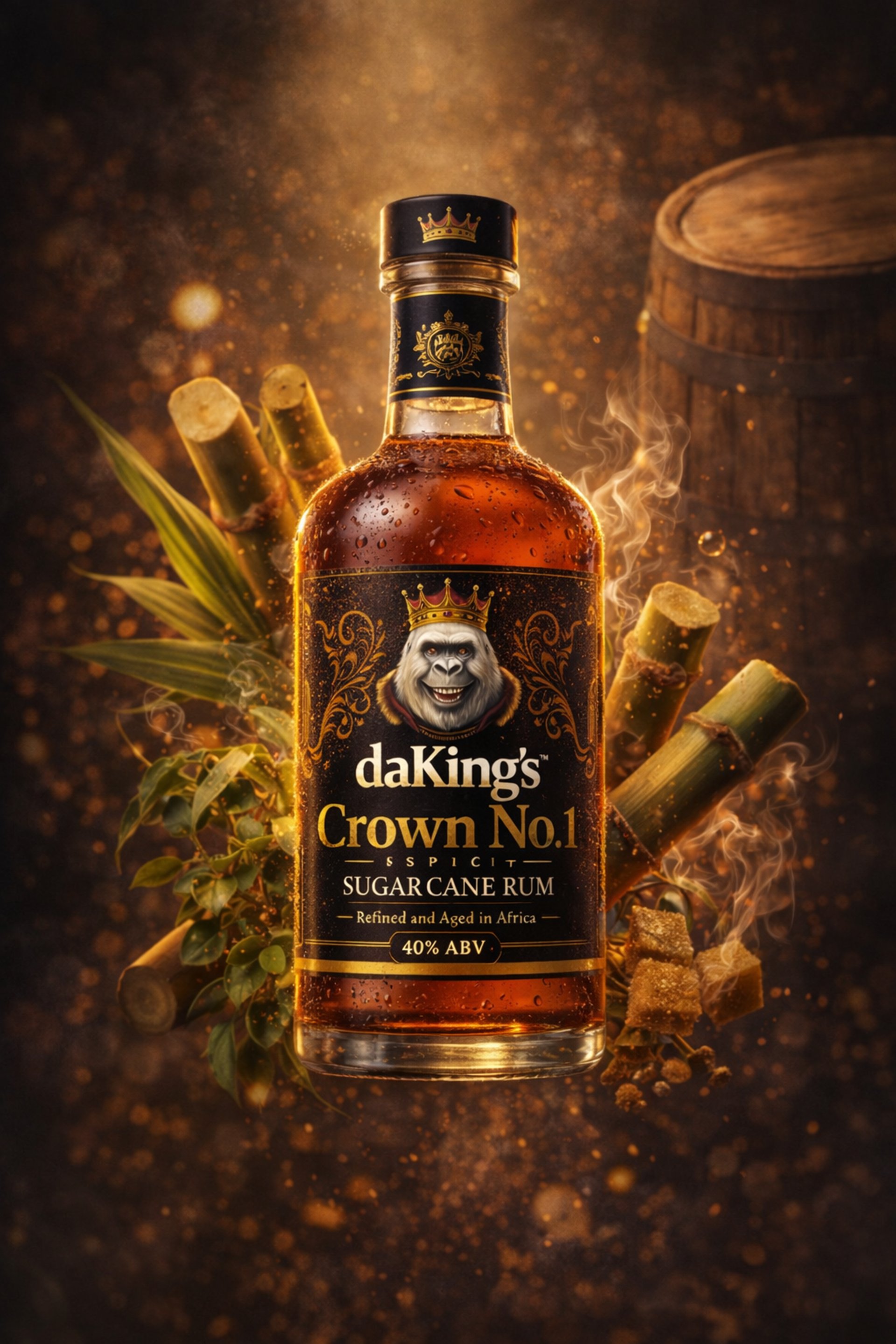
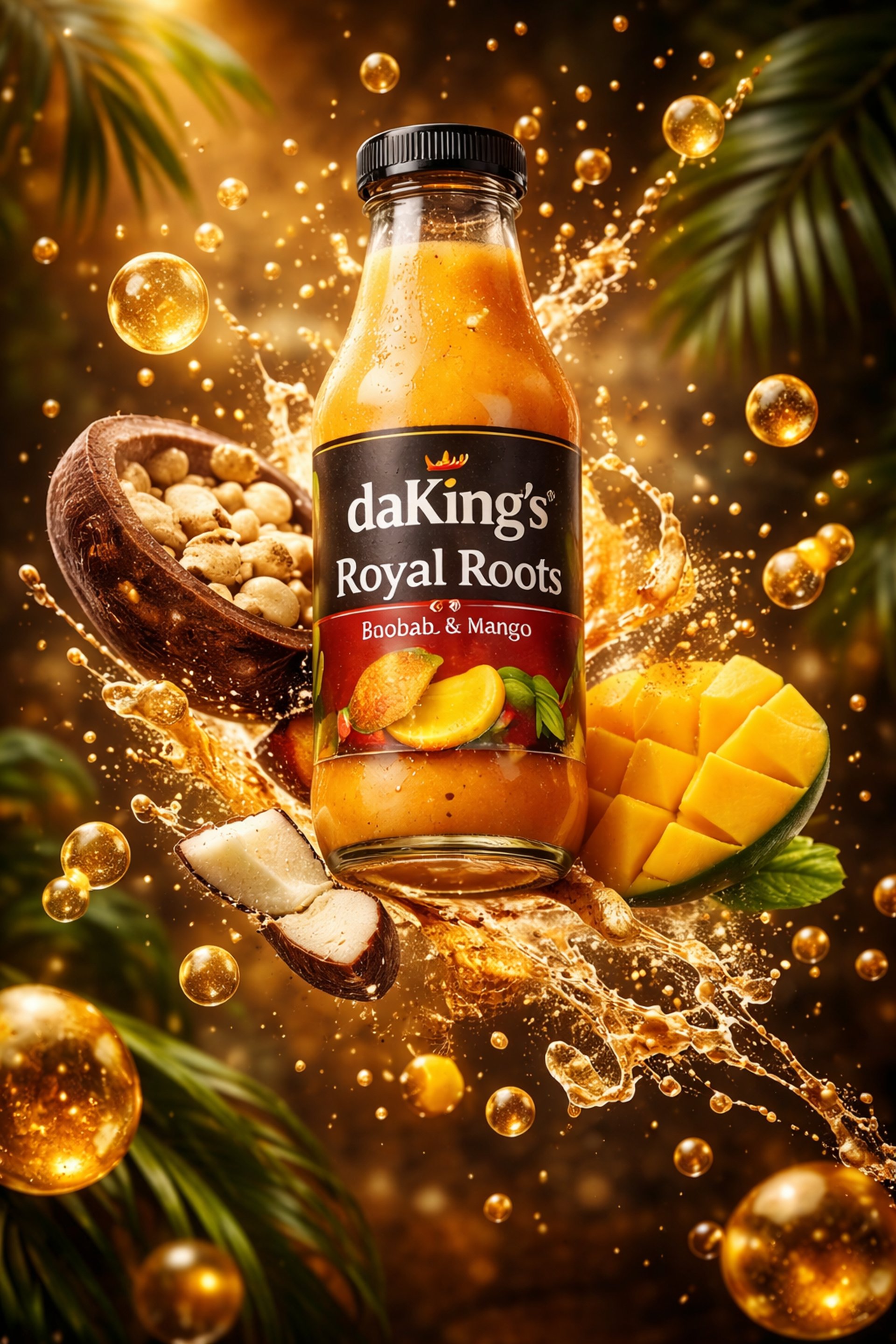
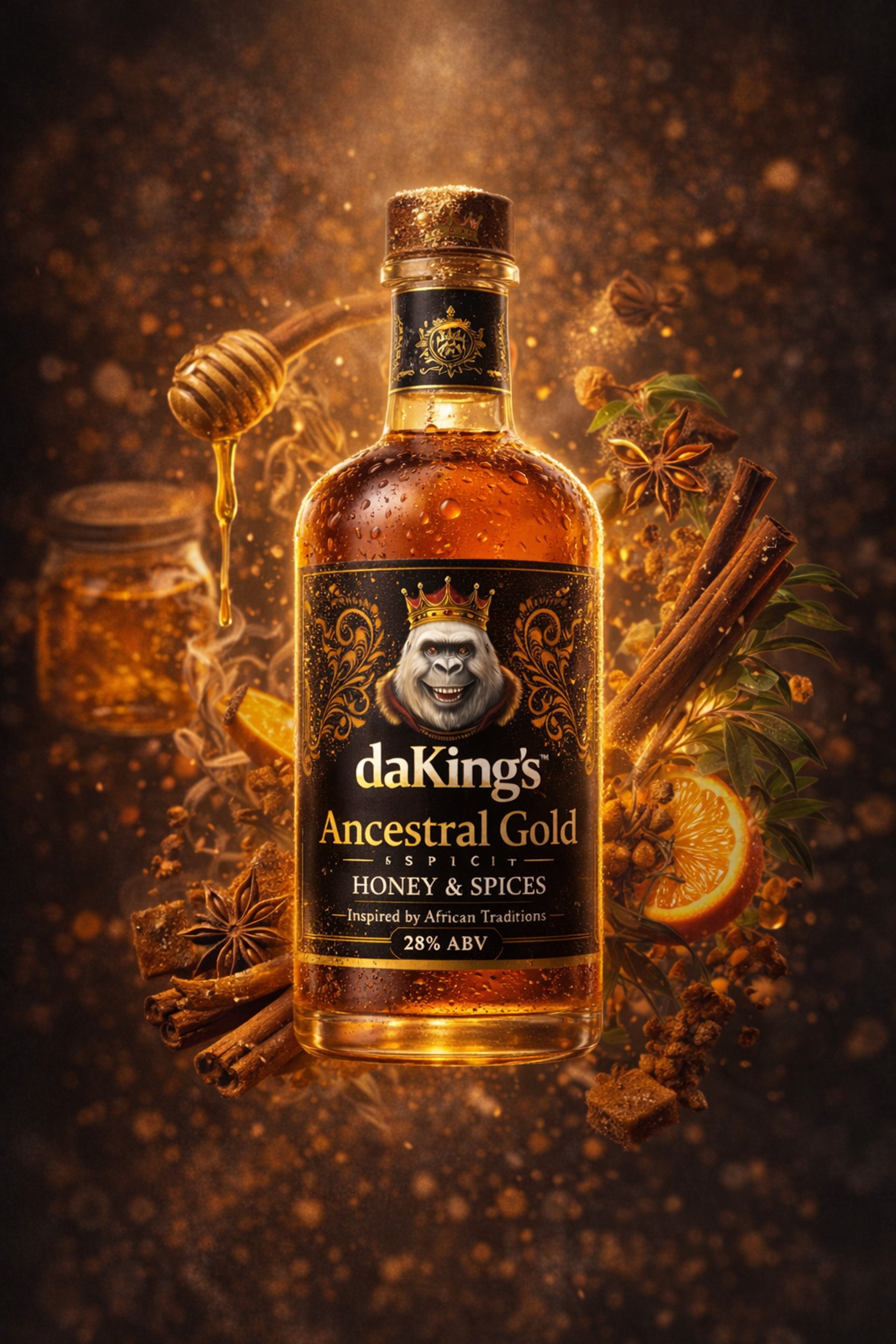


Experience daKing’s™ Made for Africa
Crafted with passion, rooted in Central Africa’s rich heritage
Rated 4.9/5
★★★★★
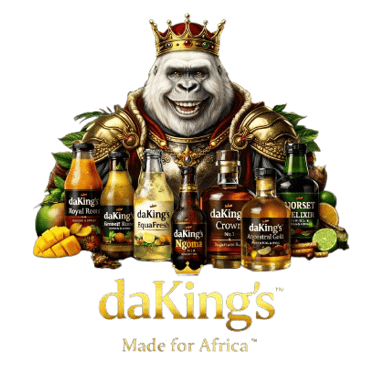


“This is not a trend. It is Africa returning to what was always ours — our legacy.”

Exclusive access to Javier Clemente Engonga™ — Private Party Album (February 2026). Afro-contemporary music production crafted for private events, VIP celebrations and premium experiences. Includes full digital download and private-use license for personal parties and corporate events. One-time price: €74.00 EUR.

Explore daKing’s™ Private Party Album



Crafting African & Black Excellence
At daking’s™, we blend tradition and modernity to create premium beverages that celebrate Central Africa’s rich heritage and bold flavors.


daKing’s™ – Executive Brand Description
daKing’s™ is a premium African beverage brand rooted in the natural wealth, ancestral knowledge, and artisanal traditions of Central Africa, with Equatorial Guinea as its cultural and production heart.
The brand spans a diversified portfolio of beverages, ranging from natural smoothies and artisanal soft drinks to craft beers and fine spirits, all developed using locally sourced African ingredients, traditional methods refined by modern quality standards, and a strong commitment to authenticity, sustainability, and excellence.
daKing’s™ is not merely a beverage supplier; it is a cultural statement and economic platform. The brand is designed to transform Africa’s raw agricultural and botanical resources into high–value finished products, positioning Central Africa as a producer of refined, globally competitive beverages rather than a supplier of raw materials.
Core Pillars
Authenticity: Recipes inspired by Central African fruits, plants, fermentation traditions, and herbal knowledge.
Artisanal Excellence: Small-batch production philosophy combined with modern food safety and quality control.
Natural & Clean: Minimal processing, no artificial shortcuts, and respect for natural fermentation and extraction processes.
African Identity, Global Standards: Proudly African in origin, fully compliant with international beverage and alcohol regulations.
Economic Impact: Designed to empower local farmers, artisans, and supply chains through structured industrialization.
Product Categories
Natural Smoothies & Juices – Tropical fruits, roots, and superfoods native to Central Africa.
Craft Soft Drinks – Herbal, botanical, and fruit-based refreshers with low sugar and functional benefits.
Artisanal Beers – Craft beers inspired by African grains, fermentation traditions, and modern brewing science.
Premium Spirits & Liqueurs – Distilled beverages and infused liqueurs using African botanicals, spices, and fruits.
Vision
To become one of Africa’s leading premium beverage brands, redefining how the world experiences African taste, quality, and craftsmanship—while building a scalable, ethical, and industrially sound beverage ecosystem from Equatorial Guinea.
Mission
To create world-class beverages that honor African heritage, generate sustainable economic value, and position Central Africa as a serious player in the global food and beverage industry.
daKing’s™ EquaFresh Naturals
Category: Artisanal Natural Soft Drinks
Product Name: EquaFresh – Pineapple & Ginger
Description:
A refreshing, lightly carbonated drink blending Central African pineapple with fresh ginger for a bold, clean finish.
Key Ingredients:
Pineapple
Ginger root
Natural carbonation
Cane sugar (low-sugar formulation)
Positioning:
Modern African refresher with a functional edge.
Target Market:
Urban youth, restaurants, hotels, export markets.


🥭 1. daKing’s™ Royal Roots Smoothies
Category: Natural Smoothies & Functional Drinks
Product Name: Royal Roots – Baobab & Mango
Description:
A nutrient-dense smoothie combining wild baobab pulp and ripe tropical mango. Designed to deliver natural energy, antioxidants, and digestive balance.
Key Ingredients:
Baobab fruit
Mango
Coconut water
Raw honey (optional line extension: sugar-free)
Positioning:
Premium wellness drink rooted in African superfoods.
Target Market:
Health-conscious consumers, athletes, premium cafés.


daKing’s™ Forest Elixirs
Category: Botanical & Herbal Soft Drinks
Product Name: Forest Elixir – Bitter Kola & Citrus
Description:
A sophisticated herbal beverage inspired by ancestral forest botanicals, balanced with citrus notes.
Key Ingredients:
Bitter kola
Lime & orange peel
Forest herbs (non-psychoactive)
Positioning:
Premium adult soft drink / alcohol alternative.
Target Market:
Luxury lounges, wellness bars, diplomatic & corporate events.


daKing’s™ Crown Spirits
Category: Premium Spirits
Product Name: Crown No.1 – Sugarcane Rum
Description:
A refined artisanal rum distilled from African sugarcane and aged with tropical wood notes.
Key Ingredients:
Sugarcane molasses
Natural yeast
Oak & local wood aging
Alcohol Content:
40% ABV
Positioning:
Premium African rum for global markets.
Target Market:
High-end bars, collectors, duty-free.


daKing’s™ Ngoma Craft Beer
Category: Craft Beer
Product Name: Ngoma Amber Ale
Description:
A smooth, full-bodied craft beer inspired by African rhythms (“Ngoma”), brewed with selected grains and tropical notes.
Key Ingredients:
Barley & African grains
Natural hops
Soft mineral water
Alcohol Content:
5.2% ABV
Positioning:
African identity craft beer with international brewing standards.
Target Market:
Craft beer lovers, bars, festivals, export.


daKing’s™ Ancestral Liqueurs
Category: Herbal & Fruit Liqueurs
Product Name: Ancestral Gold – Honey & Spices
Description:
A smooth liqueur blending forest honey, warm spices, and subtle herbal tones inspired by Central African traditions.
Key Ingredients:
Wild honey
African spices
Neutral grain spirit
Alcohol Content:
28% ABV
Positioning:
Cultural luxury liqueur.
Target Market:
Gourmet shops, ceremonial gifting, premium hospitality.


Our Services
Crafting premium African beverages with passion and authenticity.
Product Range


Smoothies, soft drinks, craft beers, spirits, and liqueurs.




Artisanal Process
Blending tradition and modern techniques for authentic flavors.
Sustainability rooted in respect for nature and local communities.
Sustainability
Join Daking’s Circle
Stay updated with exclusive offers and stories

